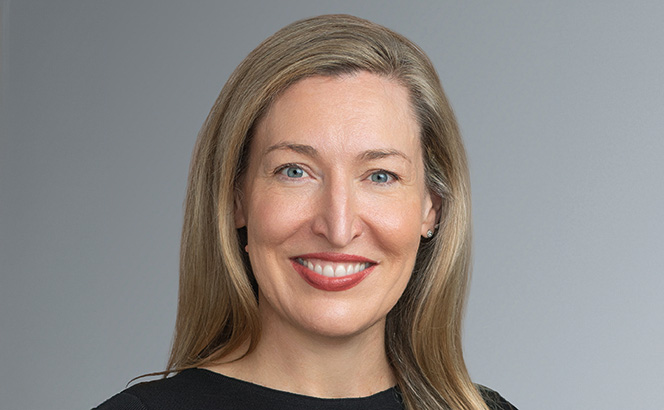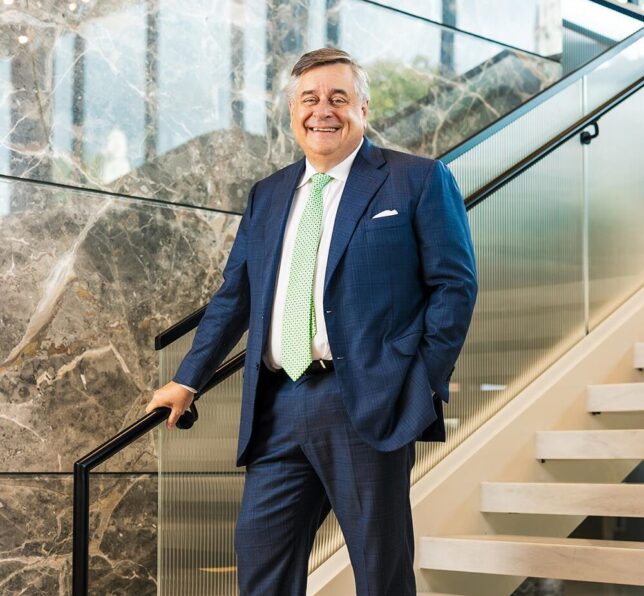Legal Business gathered some of the leading female M&A partners at UK origin firms in the City together ahead of International Women’s Day to discuss the reality of making it to the top in a practice that remains dominated by men.
Clifford Chance partners Katherine Moir and Melissa Fogarty, Linklaters’ Aisling Zarraga and Finn Griggs, Slaughter and May’s Sally Wokes, HSF’s Caroline Rae, Freshfields’ Kate Cooper and Lauren Honeyben and A&O Shearman’s Annabelle Croker and Claire Coppel sat down with Georgina Stanley and Anna Huntley for a frank discussion about everything from imbalanced expectations, to the pros and cons of being a role model and why there still aren’t enough women in the room where decisions are made, as well as sharing their tips for success.
LB: How has gender diversity improved since you started your career in law?
Melissa Fogarty: There’s a vast difference now in terms of the diversity of personalities you meet on opposite sides of M&A deals. When I started, I thought I had to play a specific role in negotiations, pitching, and relationship-building—shaped by the dominant figures of the time: confident, mostly male, larger-than-life.
Aisling Zarraga: I remember starting in the City in the ’90s, and having an accent immediately made you question, ‘Where do I fit in?’ Being a woman as well added even more chips on your shoulder. But that’s changed massively.
Katherine Moir: I agree that among law firms and corporate clients a lot has changed, but in some heavily male-dominated industries, I still often find myself the only woman in the room. It doesn’t faze me now. In some ways, it makes you stand out—which can be an advantage—but it can be intimidating for more junior lawyers.
Claire Coppel: I often feel a sense of responsibility to use my voice and make an impact as one of the only women in the room—or on the screen.
‘I still often find myself the only woman in the room. It doesn’t faze me now.’
Katherine Moir

LB: How do you respond to being the only woman in the room?
Kate Cooper: The reality is, when you say hi, often no one even has to ask your name—you stand out by default. You make a choice to embrace that spotlight and use it in a positive way, or you let it intimidate you.
Sally Wokes: You have to be proactive in using your voice—confidence, speaking up, and making yourself heard are still crucial attributes and skills. One real sign of progress in the past decade is the recognition that men and women often bring different strengths. Instead of ignoring those differences, we’re learning to embrace them and channel them in a positive way.
Caroline Rae: That said, there’s no question that you still have to be very resilient. I try to be honest with our female talent—resilience is still essential because, despite progress, the job is demanding and the world hasn’t changed that much.
LB: In your experience are there still different expectations placed on women in senior roles?
‘The ‘double bind’—if you’re a successful woman, you can’t be a nice woman—always gets me. You don’t have to be a certain type of woman to be successful anymore, but that perception is not entirely gone.’
Finn Griggs
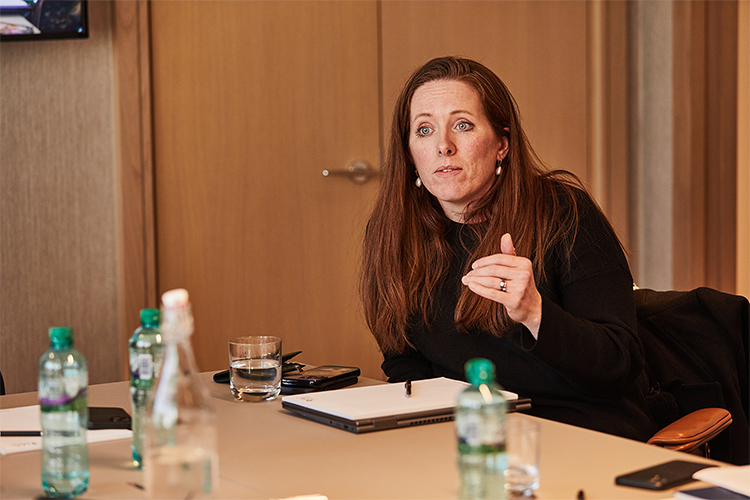
Finn Griggs: The ‘double bind’—if you’re a successful woman, you can’t be a nice woman—always gets me. You don’t have to be a certain type of woman to be successful anymore, but that perception is not entirely gone.
Wokes: We’re still often labelled differently to men— being called ‘aggressive,’ for example. The truth is, I don’t believe women are more aggressive than their male equivalents, but because it’s not as expected from them, it’s commented on.
Annabelle Croker: Women tend to be very team-oriented and inclusive, and there’s a much greater appreciation of those strengths now. Some people excel at mentoring, others at sponsorship, technical skills, or client relations—harnessing a broad range of skills in both men and women is what makes a team stronger.
LB – Do you feel a personal obligation to champion other women?
Rae: Yes, and it is important that we do but I don’t like the idea that it’s our responsibility to look after the women. Male partners should be just as invested in supporting and promoting female talent. It’s a shared responsibility.
Zarraga: Like the quote: ‘there’s a special place in hell for women who don’t support other women’ – I remember feeling incredibly guilty when I once had to admit that a female lawyer was not performing as well as her male peers.
Cooper: Ultimately, I think you have to be careful not to get dumped with too much just because you have more empathy in your little finger than eight male partners combined. Sometimes I worry that we’re expected to be the ‘soft’ or ‘maternal’ ones.
Honeyben: We do often hold ourselves to a higher standard, putting more pressure on ourselves to be everything to everyone—championing female associates, protecting our own teams. That can create unrealistic expectations and add extra weight to what we already carry.
Griggs: We must hold ourselves to the exact same standard because, otherwise, there’s a risk that people will think women only succeed because of diversity initiatives.
LB: How do you feel about being seen as a role model to the next generation?

‘I sometimes feel a bit cagey explaining ‘how I did it’ because, honestly, I don’t have all the answers’
Aisling Zarraga
Zarraga: I sometimes feel a bit cagey when explaining ‘how I did it’ because, honestly, I don’t have all the answers. My life isn’t a roadmap—everyone has to carve out their own path.
Moir: I still get trainees and juniors asking me how I balance it all, especially with wanting a family. I’m pretty sure the men don’t get approached asking: ‘Please help us and show us it can be done.’ I think we’ll continue to have that role for a long time because we’re still in the process of changing expectations.
Honeyben: Ultimately, we can’t just tell an associate: ‘this is how you do it.’ It’s a personal journey.
LB: How have attitudes towards work-life balance changed and how much impact has it had
Moir: It’s brilliant to see men being vocal about paternity leave, prioritising childcare and school events, etc. There was a time when I was the only one speaking up about it, but now the men are often saying it too, and it’s great to see that shift.
Fogarty: It’s fascinating how quickly the dynamic has shifted. It rolls off people’s tongues now that everyone has other commitments, and that’s a lovely change, but I do sometimes sit there thinking, I never would have had the courage to say that back in the day.
Croker: Shared paternity leave, COVID and the shift to working from home have gone some way towards levelling the playing field between men and women. It’s removed some of the traditional barriers and allowed everyone to have more flexibility.
Cooper: I completely agree. Pre-COVID, when I tried to work from home one day a week, I was seen as a beacon of adaptability. Post-COVID, that outdated view—where working from home was seen as something only mothers did to juggle laundry or family duties—is gone.
Rae: The new flexibility has been great. Returning from maternity leave is challenging but I hope the post-Covid approach makes it easier for our female associates when they come back to work. Honestly, I look back now and I’m not sure how we did it before.

LB: What about perceptions around having a family?
‘You have to be careful not to get dumped with too much just because you have more empathy in your little finger than eight male partners combined.’
Kate Cooper
Zarraga: Before, if you went down the family route, people would question when you’d be able to return to a client facing role, or they’d assume you’d go for a role with steadier hours. Now, it’s more about wanting you to come back.
Fogarty: That said, the lack of a viable childcare system for the early years is a systemic issue in our country. That’s something we as women need to campaign for because, until we have affordable childcare that aligns with working life, women and men in all industries will continue to find that period very challenging.
Also, what alarms me is that some young women still worry about how focusing on their career might not be considered ‘attractive.’ I think that mindset is still there—the pressure for women to prioritise family over their career.
LB: How much balance do you think it’s possible to have as an M&A partner?
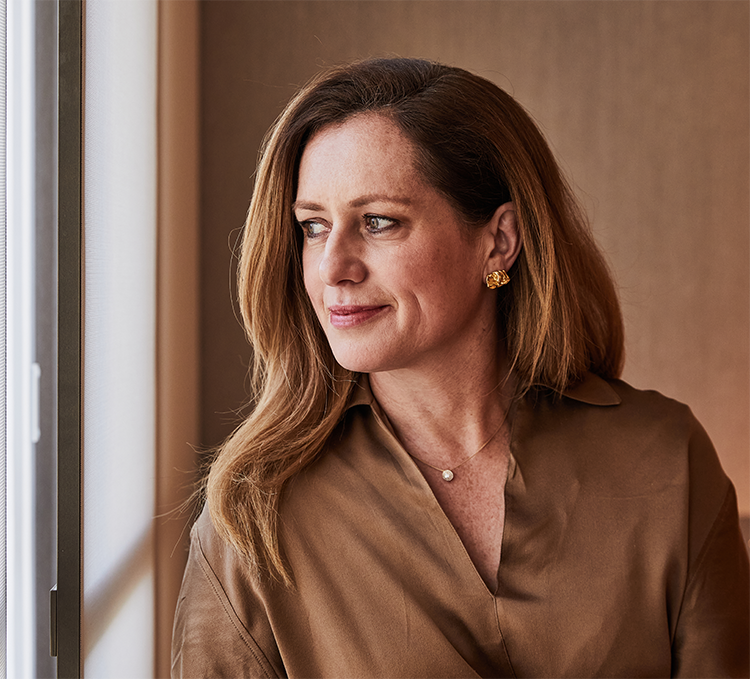
‘I think we will have achieved true diversity when the question ‘How do you do it?’ is no longer directed at women’
Melissa Fogarty
Wokes: The question everyone asks is ‘can you have it all?’, and the answer is it depends on what your ‘all’ is – it has to be realistic, taking account of the demands of the job. Once you’ve landed on that and made peace with it, you do feel you have balance. For example, I do have a hands-on role with my young children – but it doesn’t necessarily mean that would be everyone’s idea of a balanced life.
Coppel: We can never dictate the timetable of a deal. Having the right-sized deal team is important to maintain flexibility, and life has evolved beyond investment bankers having complete control. Now, where you can manage the project aspects of a deal, you can gain some of that control back.
Moir: I don’t think this is only an issue which affects M&A lawyers. This has become a more normalised model of working—combining work and family life, which might mean working late into the evenings but now we can do that from home.
Griggs: I was told to think of it as a work-life blend. I realised my life isn’t perfectly balanced all the time, but if I can look at the totality of it as a blend that works for me, then I’m okay with it.
Cooper: I find the concept of work-life balance to be a bit outdated, especially when it’s always levelled at women. No one’s asking Roger Federer how he balanced everything to become the best at what he does.
Fogarty: I couldn’t agree more, I think we will have achieved true diversity when the question ‘How do you do it?’ is no longer directed at women. That question carries an implication that it’s our responsibility to manage everything—to keep the house, be the parent, and do all the things society expects us to do. And if we’re working, somehow, we’re not keeping up with our ‘real’ responsibilities.
LB: Is there anything more clients could do to help advance women?
Coppel: The biggest difference clients make is promoting you and providing referral opportunities. I don’t think their demands will change, and nor should they – they have investors and other stakeholders to serve. But having clients who give you opportunities to lead—that was a game changer in my career.
Zarraga: If they can be your cheerleader, that’s incredibly valuable. I think it’s even more important for women than men to have that kind of backing. A supportive client relationship can be just as powerful as having a confident, seasoned mentor.
Croker: Fostering close relationships with clients is key. When you’re part of the flow of their work, the demands don’t feel as overwhelming and unexpected. It’s about building a sense of camaraderie and making the work enjoyable, even when the pressure is on.
LB: What steps can be taken to accelerate women’s influence in law and representation in leadership?

‘When I was a trainee back in 2010, we used to joke that there were more ‘Richards’ in the team than female partners.’
Claire Coppel
Coppel: When I was a trainee back in 2010, we used to joke that there were more ‘Richards’ in the team than female partners. A lot has changed since then – this year our roster of London corporate partner candidates is all female.
Croker: If you look at the last five years, we’ve seen a sea change in female partner promotions. Getting more women into senior management positions—that’s the next challenge we need to crack.
Fogarty: It’s not just about getting women into management; it’s about soft power. That’s the real shift we need. We need more women in the rooms where influential decisions are made—the kind of influence that helps shape careers.
Honeyben: I do think progress has been made in recent years, including at the most senior levels which is encouraging. However, there is still more to do. The more role models there are in leadership positions (not only in your own firm but also others) are and the more people realise there isn’t only one way for a leader to be, then hopefully the younger generations will feel empowered and see it as more achievable.
Cooper: It is hard not to be impatient. It’s happening, but realistically it will take another decade before we reach a point where you look up to leadership around the city in M&A and don’t see a group of many men and far fewer women.
Photo credit: Juan Trujillo Andrades

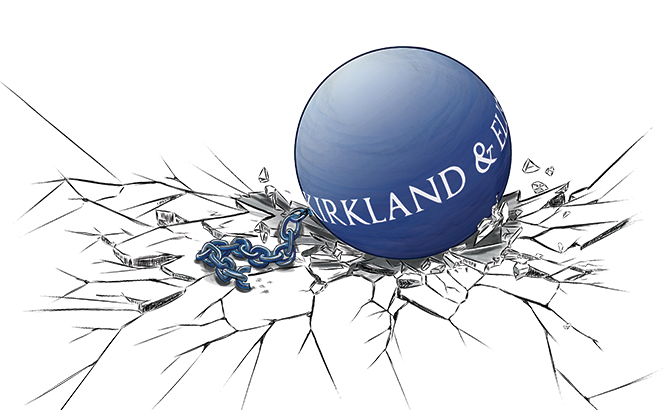



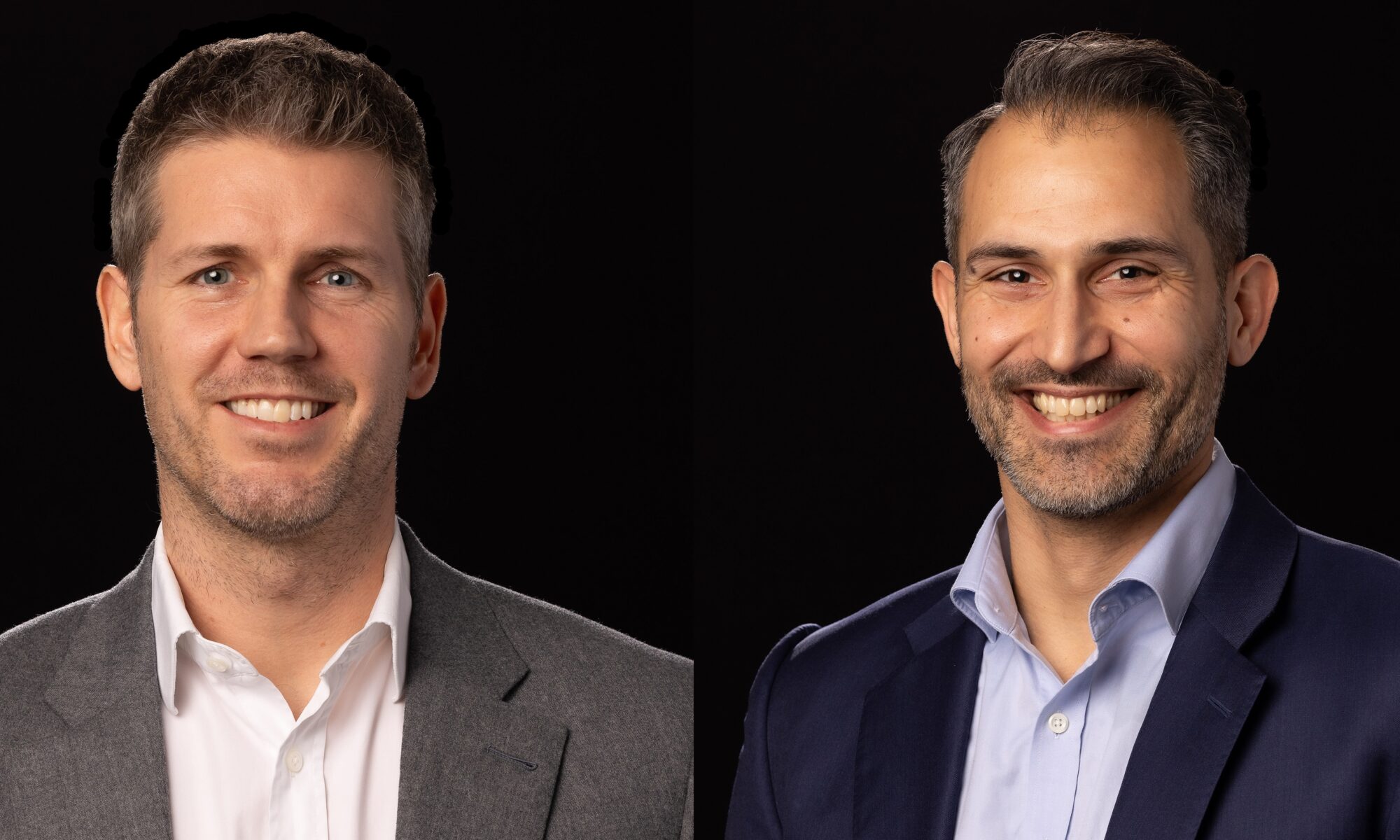


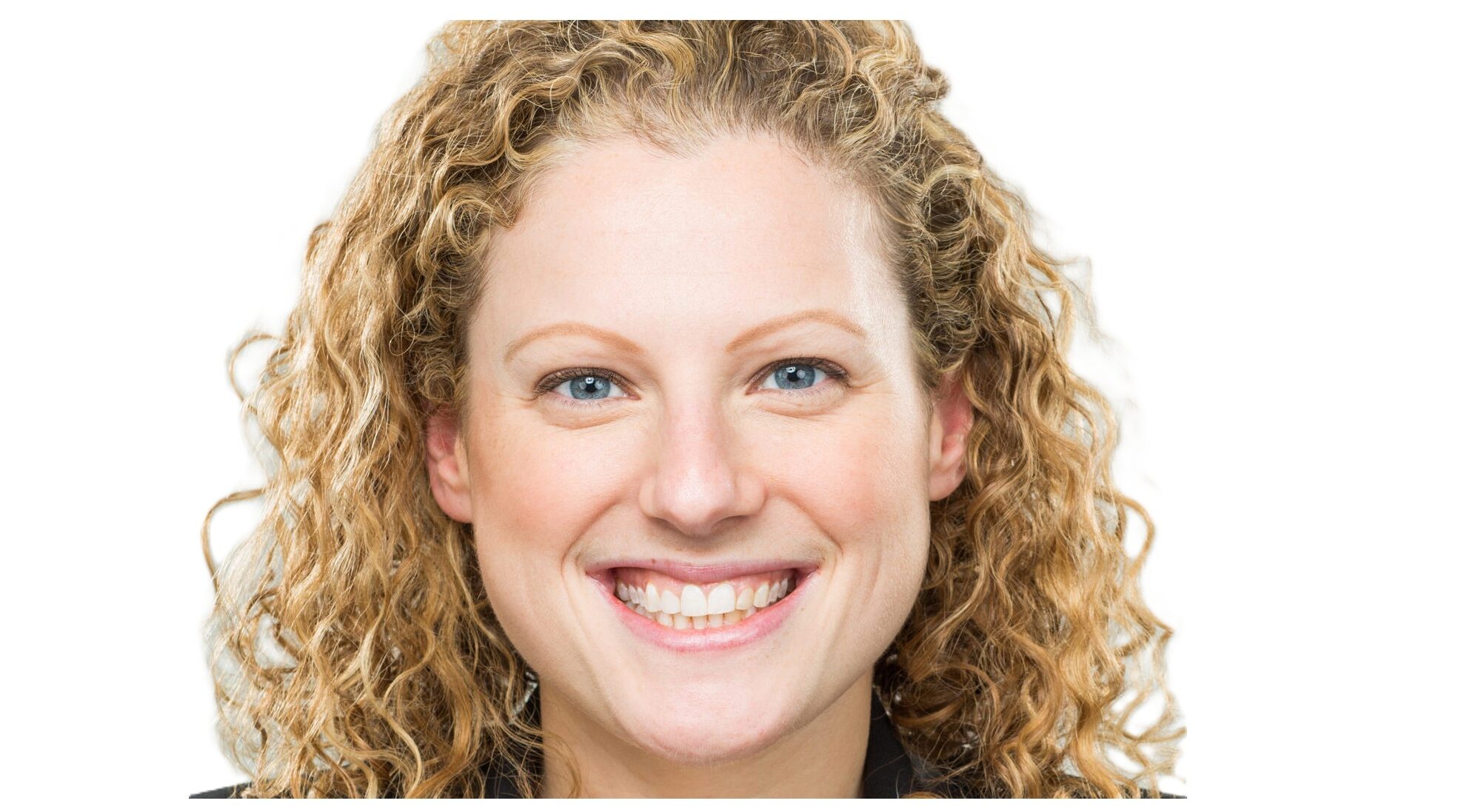
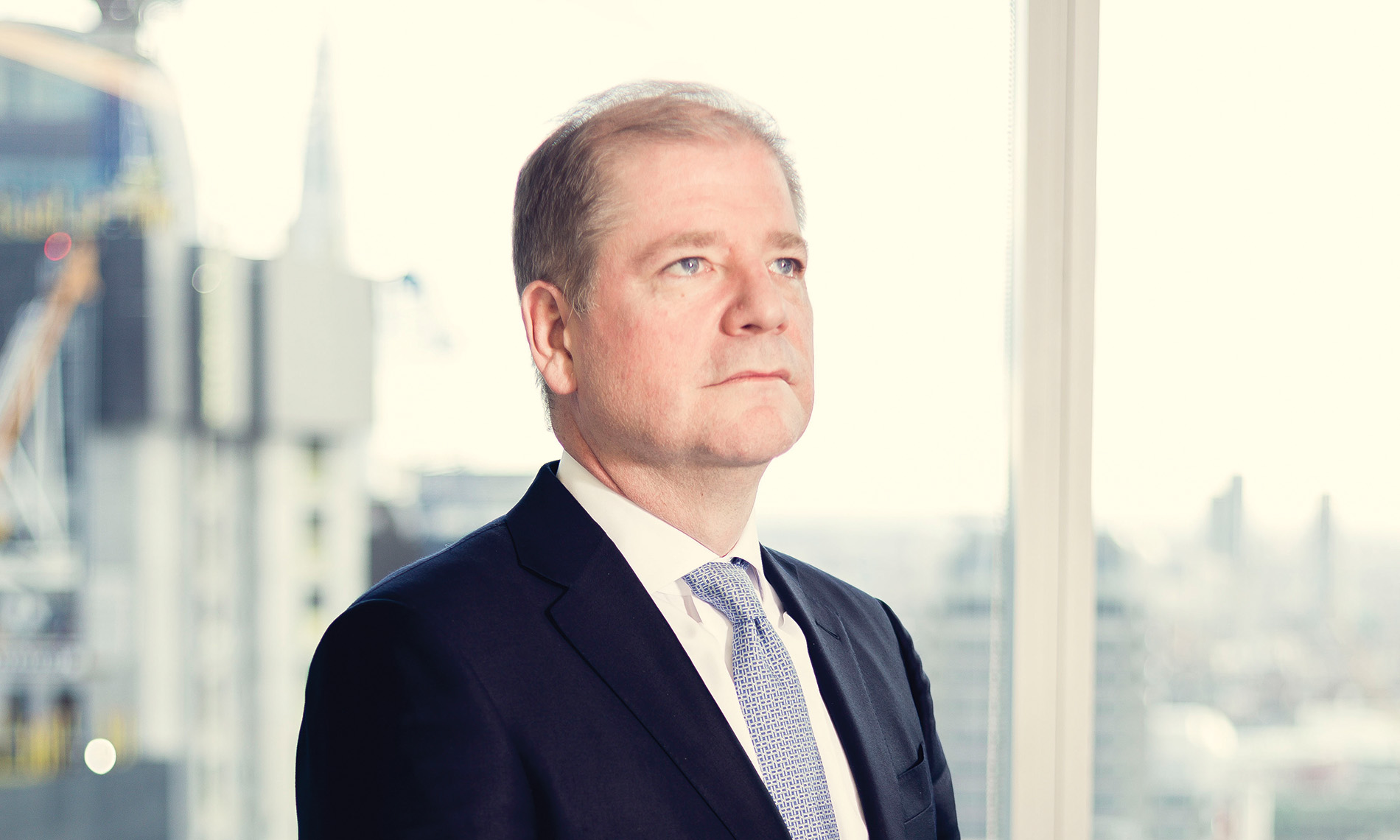

 Climate change litigation
Climate change litigation








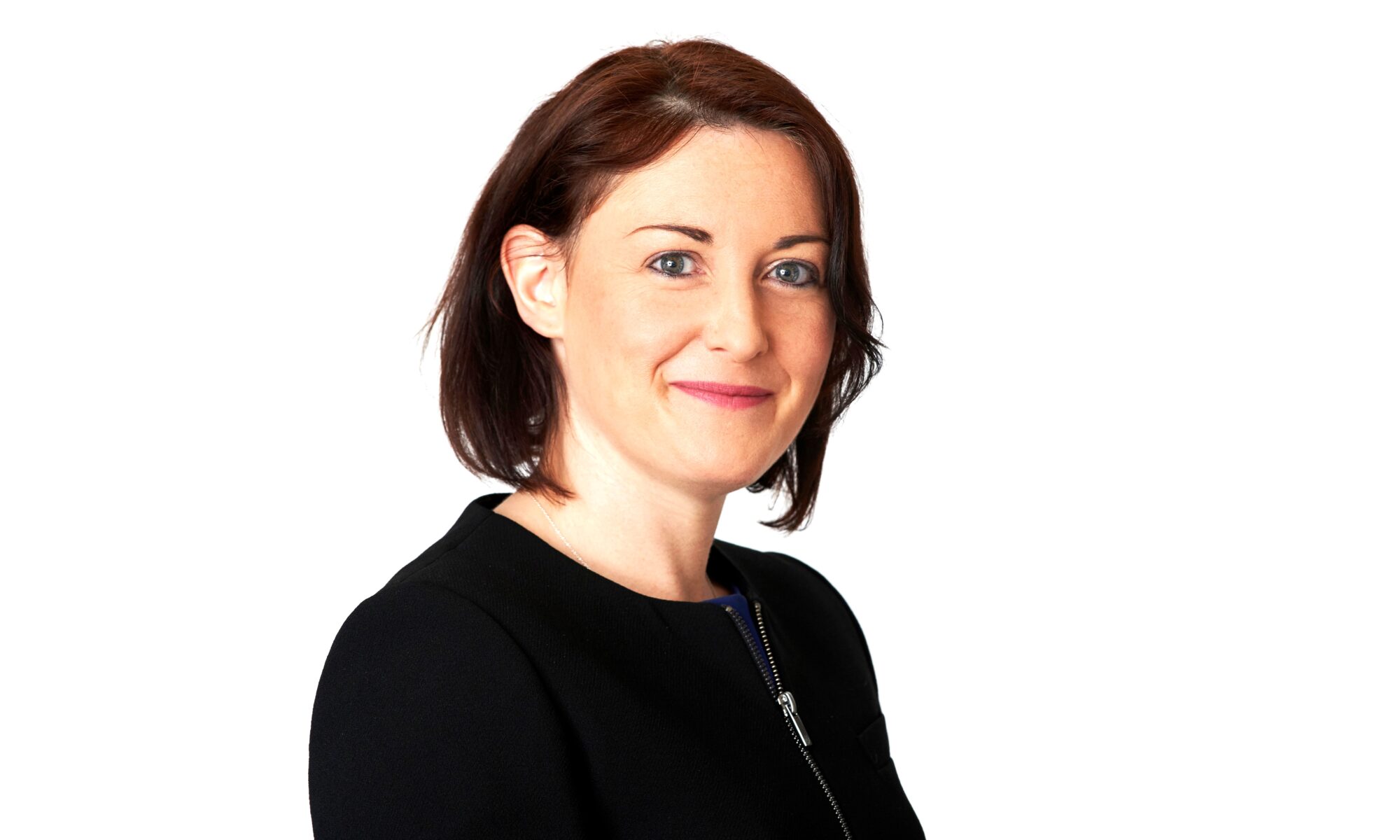
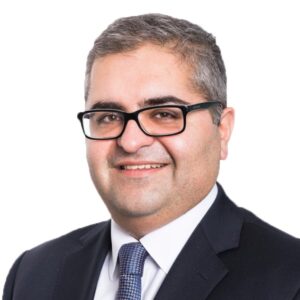 Away from Europe and the Middle East, fellow corporate co-head Dipesh Santilale (pictured right) points to Hong Kong and Singapore as key growth targets for the firm, particularly in the wake of US retrenchment from the region. ‘With certain US firms pulling back, we’re seeing significant growth opportunities for us in the region, and we are looking at similar growth opportunities across a number of jurisdictions,’ he states.
Away from Europe and the Middle East, fellow corporate co-head Dipesh Santilale (pictured right) points to Hong Kong and Singapore as key growth targets for the firm, particularly in the wake of US retrenchment from the region. ‘With certain US firms pulling back, we’re seeing significant growth opportunities for us in the region, and we are looking at similar growth opportunities across a number of jurisdictions,’ he states.